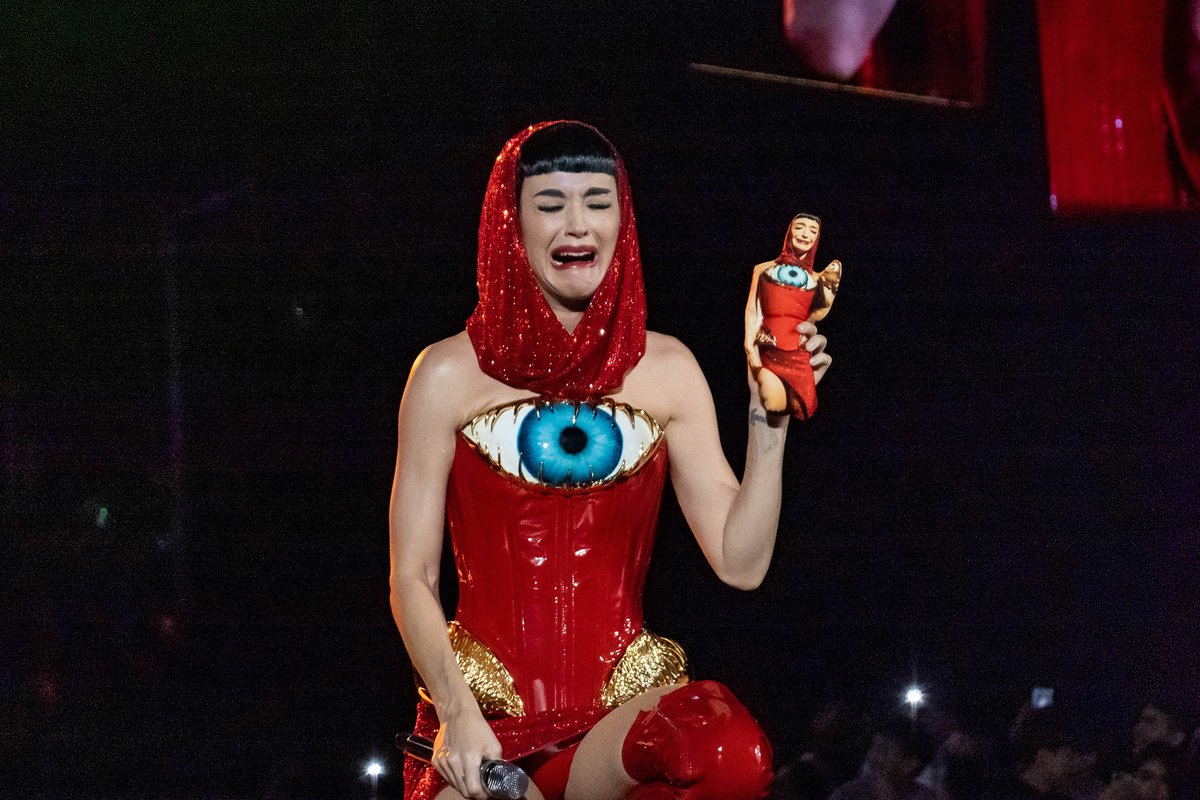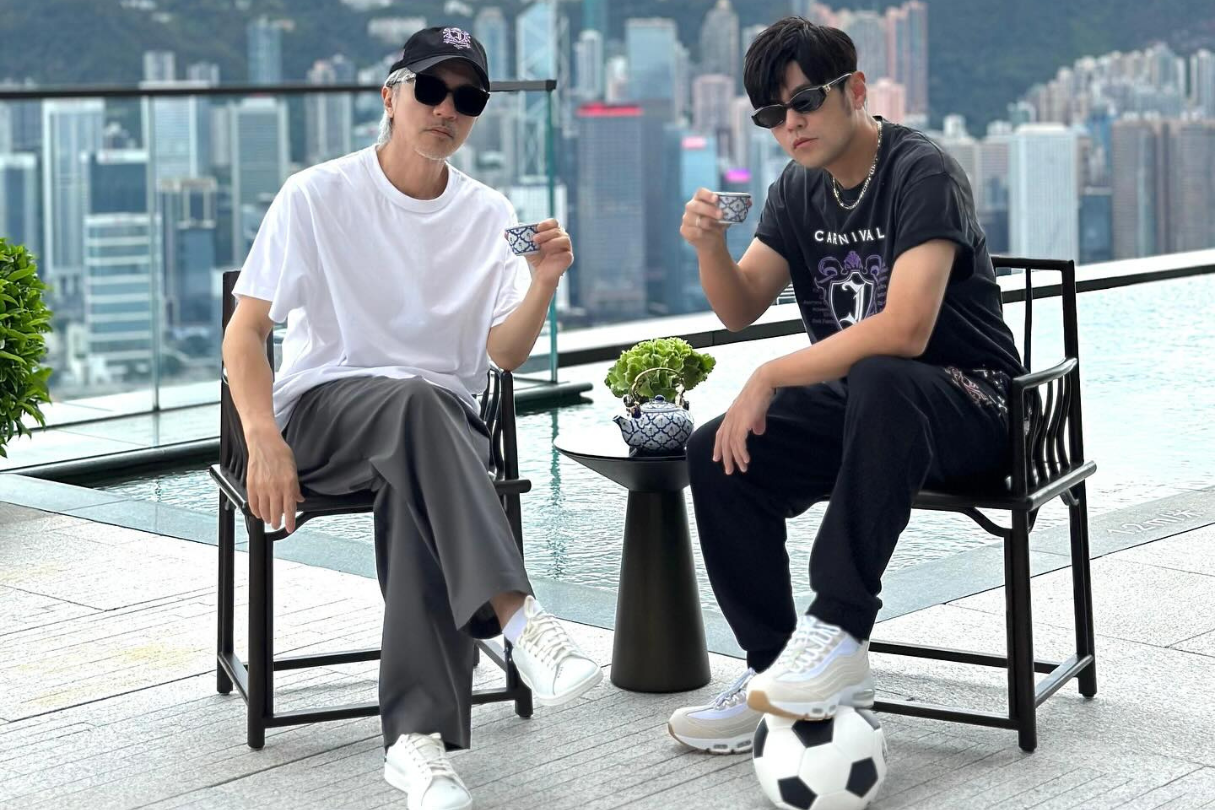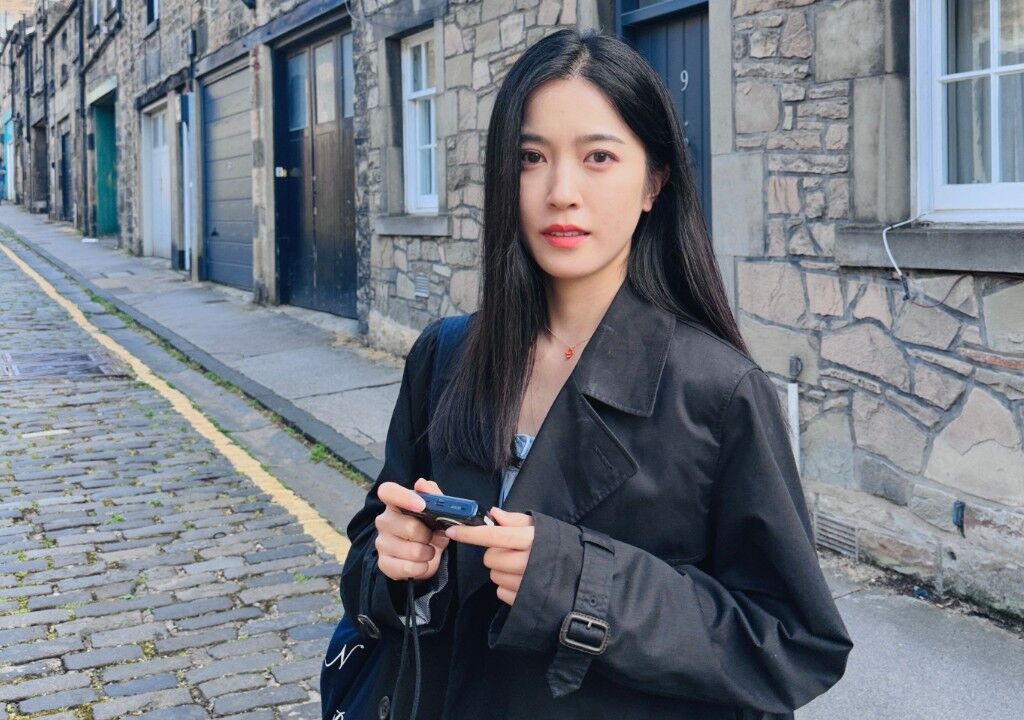On September 1, comedian and actress Lamuyangzi took to Weibo to publicly announce that she would be giving up her Japanese-sounding stage name and going by her real name, Li Jiaqi, henceforth.
“My mother said everything is better as it is. I will follow what she said and go back to using my real name. Or you can call me Xiaola (meaning ‘little spicy’) if that’s easier,” reads the actress’ viral post, which has been liked more than 581,000 times. The news quickly made the rounds on Chinese social media, and a related hashtag had amassed a staggering 730 million views at the time of writing.
#LaMuYangZi announces she will be using her birth name Li Jiaqi going forward instead of her stage name #李嘉琦 pic.twitter.com/LNeD8hPmzM
— cdrama tweets (@dramapotatoe) September 1, 2022
Lamuyangzi’s name change might confuse some people, as her real name, Li Jiaqi, sounds exactly like the name of the famous ‘Lipstick King’ livestreamer. Potentially adding to the confusion is the fact the actress also began her career as a livestreamer.
In an interview, Lamuyangzi revealed that she had chosen her Japanese-sounding, four-syllable stage name to poke fun at herself for not living up to the mainstream’s narrow beauty standards.
Following the viral news, screenwriter and film critic Wang Hailin, who boasts 3 million fans on Weibo, weighed in with a viral post that has received more than 700,000 likes.
According to Wang, Lamuyangzi’s choice was not personal but was dictated by the National Radio and Television Administration (NRTA), which has decided that celebrities should no longer be allowed to adopt foreign or foreign-sounding stage names.
The critic also made a claim regarding the actress, singer, and model Angelababy: Although the Chinese artist has yet to make a public announcement or change her moniker on her social media, she will allegedly be going by her Chinese name, Yang Ying, in the near future.
In the wake of Wang’s claims, Chinese netizens have flooded Weibo with bitter remarks.
“Is CCTV going to change its logo?” asked one netizen, highlighting that the Chinese state-owned broadcaster’s icon features the initials for its English-language name, China Central Television.
“I suggest we get rid of English classes altogether,” wrote another Weibo user sarcastically.
Many netizens have expressed concern for Chinese rappers, who often adopt English aliases. Unsurprisingly, many rappers have quickly jumped on board the irony train and offered extremely literal and hilarious Mandarin translations of their English stage names.
For example, Higher Brothers’ KnowKnow half-jokingly posted, “Hello, I’m LouLou, or you can call me DongDong.” The Weibo post has since been deleted.
Wang’s allegations that the NRTA is behind Lamuyangzi’s name change remain unproven, and a rule forbidding foreign or foreign-sounding stage names has not been publicly announced. However, it would not be the first time that China has tried to downscale the importance of the English language in the country. In 2021, Shanghai, arguably China’s most cosmopolitan city, forbade elementary schools to hold English final exams. Many interpreted the action as a pushback against Western influence.
Additionally, the entertainment industry is heavily regulated in China: In 2018, tattoos and ‘non-mainstream culture’ were banned from being depicted on TV.
Cover image designed by the author



















